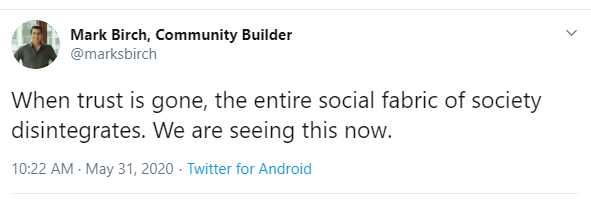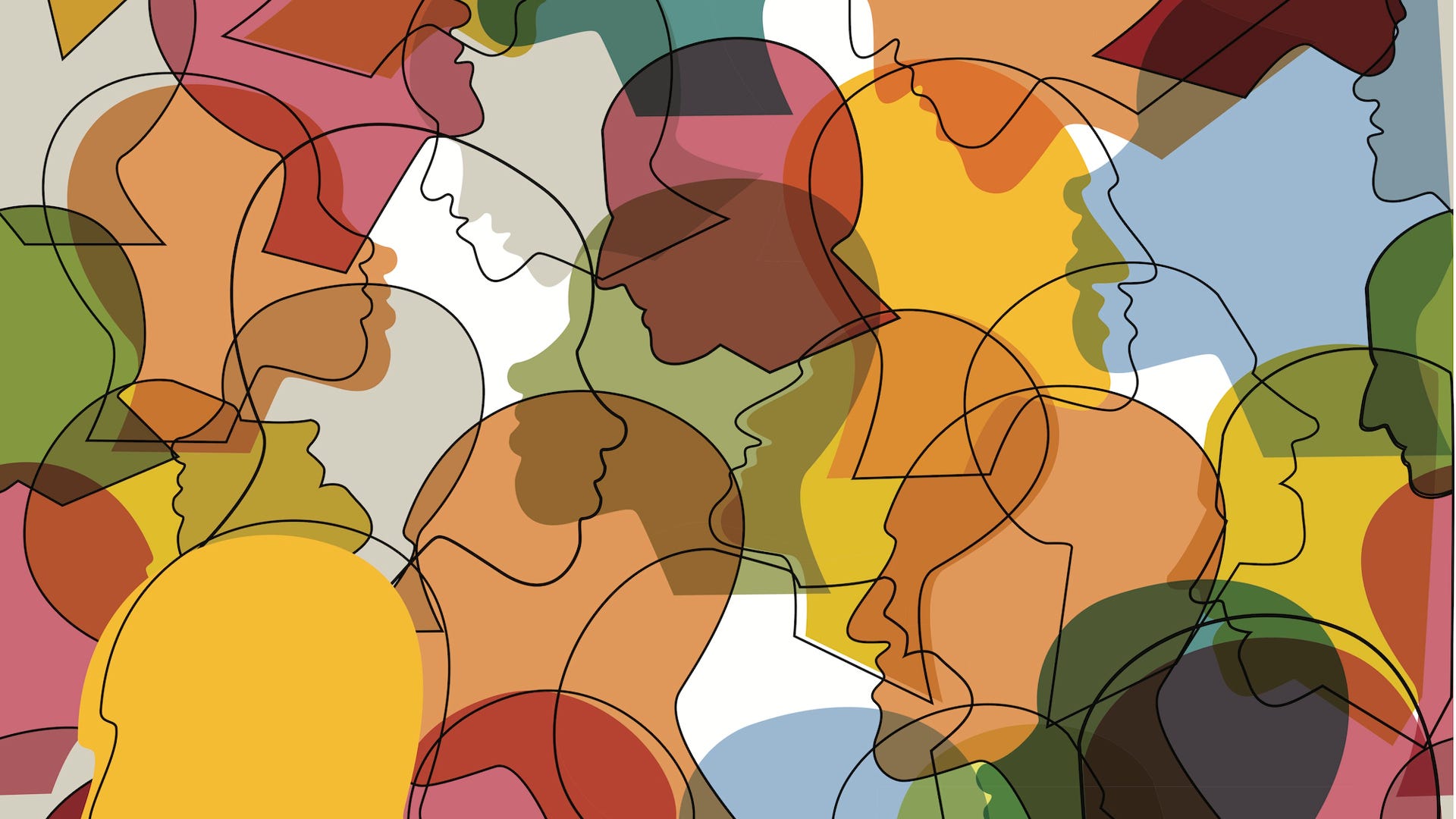
How hard is it to change an organization? Just ask Leen Schaap, the hard-charging leader who was tasked with reforming the roughest of all agencies, Amsterdam’s Fire Brigade.

Leen was not new to force radical change in challenging situations. He used many of the tough guys, no holds barred tactics that helped reform the police department in his former role. However, once a new mayor was on board, Leen’s lost his biggest supporter and all political backing vanish. His tactics eventually cost him his job.
Confrontation is not the Dutch way of approaching change. Their “polder model” culture encourages discussion and consensus. Leen had a different perspective on the reasons for his failure though:
But a real cultural change really can’t be forced, or sped up.
So instead of creating more support, you get more resistance because the organization isn’t ready to change.
He is right that culture change cannot be forced. That creates enormous friction that grows from passive resistance to outright conflagration. Change can and does happen though, even in the most obstinate of organizations. What Leen failed to realize is that introducing lasting change requires trust.
Trust was something very much on my mind as I watched the events of the past week unfold in the United States, summed up in this tweet:

The US has seen a significant rise in protests over racism and police brutality. Sparked by the death of George Floyd in Minneapolis, some of these protests have turned violent. People have been injured, journalists attacked, property burned to the ground. While large mass protests have emerged after other racial incidents, this time feels different.
There are two Americas today. First America is the one most Americans see, that one that white people experience. Everyone goes about their day without worrying about how the world works. Then there is this other America, the one experienced by hyphenated Americans on a daily basis and makes the American Dream harder to achieve.
All underrepresented groups in the US struggle with barriers to equality and fairness. The experience for African-Americans however has been significantly worse. They have lower wages, fewer good job opportunities, lower education attainment, poorer health outcomes, and much higher arrest and incarceration rates per capita.
Inequality has been an underlining thread for the whole of American history. When progress has been achieved, it has always been in fits and starts from the Civil War to the civil justice movement of the ’60s. Real change, when it comes, has always been insufficient.
What has changed are outright displays of discrimination and segregation. Racism still exists but is invisible. Progress was made in the appearance of equality, but institutions and organizations are still not truly inclusive. You may pass the gatekeepers, but you are neither invited nor welcomed into the club.
The battle our black colleagues now face is the subtle racism and unconscious biases in everyday life. There are public incidents such as police harassment or greater security scrutiny at events or venues. It is the workplace biases however that have the most negative impact for the black people, where ideas are ignored, promotions are fewer, pay is lower, and opportunities for advancement stall.
Many presume these are societal challenges that time and generations will rectify. This is the equivalent of talking about change without doing anything. By saying this, we are admitting that we are OK with a culture that accepts a more benign form of discrimination.

Tech has a responsibility and a moral obligation to stem the tide of racism. I do not mean in some utopian way where algorithms magically fix eons of ingrained mental wiring. The industry however has an especially important role at this moment to drive change.
Technology has become deeply pervasive in our lives over the past decade. We willingly allow computers to make more and more decisions without our input. Algorithms decide what we watch, how we engage, and what lane to drive on the highway. While this may help to remove human mistakes and biases, what about code? The software also has built-in bias, inherited from those writing the code, which is largely white and male.
Tech has a huge diversity issue that is more glaring than any other knowledge profession. Black people only represent 7.6% of professional developers in the US. What about in the hotbed of tech innovation that espouses meritocracy over pedigree and privilege? Blacks only make up 2.5% of the workforce in Silicon Valley and black developers get paid on average $10,000 USD less than their white counterparts.
The numbers for blacks in engineering leadership positions is even more appalling. I read a post titled “A Black Man Walks Into the San Francisco CTO Summit…” and the only black person in the room was the presenter. With so few blacks in leadership positions, this makes it hard to succeed in the industry and even harder to rise to senior positions.

The black developer community needs the support of all of us. We must come together as a society that looks beyond color to understand that differences are strengths. The future depends on our ability to use the creativity and collective intelligence of all peoples to solve the even bigger challenges ahead. If our algorithms and machine learning models only represent one cultural viewpoint, we introduce systemic risks that can have unintended consequences for economic, health, political, and safety outcomes.
How can we build the momentum to change and make our workplaces more inclusive for our black colleagues? Taking a page from my post on women in tech and diversity, here are some practical and immediately actionable ideas:
- Create & promote hackathons and developer events for underrepresented groups that are inclusive and allow for networking and sharing of knowledge. Some examples are /dev/color and Black Girls Code.
- Organize talks in your company and invite black developers and engineering leaders outside the organization to speak to your teams.
- Offer fully sponsored opportunities for your black developers and engineering leaders to speak publicly at events and share their work openly.
- Recognize and reward the accomplishments of black developers across the company on a regular and ongoing basis.
- Eliminate the pay gap between black and white engineers. There is nothing more demotivating than knowing you are paid less for the same work and results.
- Reduce unconscious bias. Examine the language used in job posts, the ways you interview candidates, the procedures for promotion, and how you encourage more black participation in meetings and decision making.
- Invite all people to be involved as supportive allies for black colleagues. When everyone is on board with the vision for diversity and inclusion, they can be powerful advocates and enablers for change.
Change can happen if there is a trust that the change is genuine. To date, the efforts of the tech industry have only removed the gatekeepers. There is an opportunity to be more inviting and welcoming, but it takes those with the privilege of living in that first America, white America, to reach across to support black America, especially those in tech.
One closing note, even though I am speaking of a crisis in America, the scourge of racism and sexism is a global problem. No country or culture is immune. While I am elevating the issue of inclusion of blacks in America, every nation has its own history and struggles to support underrepresented groups and gender inclusion. We all have our part to play in building more trust in our organizations so that everyone can be welcomed and included.
How is your organization improving the experience of underrepresented groups? What do you think could be improved to foster more inclusive teams?




